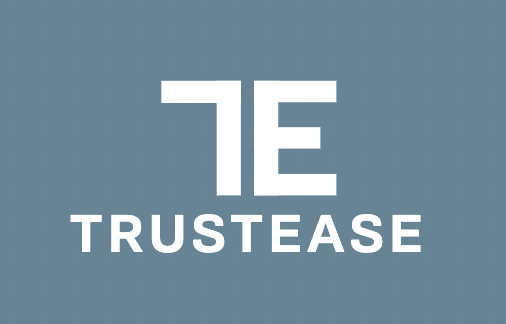The Role of the Independent Trustee
From the very beginning of your relationship with your chosen Independent Trustee, you should feel heard and accepted. Your estate plan is filled with your preferences, your details, and generally reflects your care for your loved ones. No two estate plans are exactly alike.
Each Independent Trustee runs their own business based on their experience and resources. We have provided you with questions to ask when interviewing. Here, we will give you a general description of the relationship building process, so the work you do with your Independent Trustee results in the highest good for all concerned.
Information Gathering – Once you have completed your estate planning documents with your attorney, we suggest that you have your attorney send copies of each the Trust, Will, Power of Attorney for Finance, and Advance Health Care Directive to your Successor Trustee. You are the Trustor, and Creator of your estate plan, and often, you are also the first Trustee. Think, Employer/Employee, Trustor/Trustee. Please ask for your attorney’s assistance in making sure that all of your assets are titled properly, so that your estate plan works when the time comes.
As long as you have capacity, you can update your documents with your attorney anytime, and each time, should supply these updates to your Successor.
Your professional Successor Trustee will likely have an information gathering process that usually begins after the documents are received. You may receive a letter, or phone call, asking for more details on your tax, legal, financial, and health aspects, so that your Successor is better prepared to serve you if the need is immediate, or a long time from now.
This is an opportunity to build rapport and trust, and may be as simple as sharing copies of financial statements, or filling in a form. The more information your Successor Trustee has, the more efficient the initial service can be, as the work of your Trustee usually begins because of a crisis like sudden illness, injury, or death. Please consider introducing your professional Successor Trustee to your other professionals (i.e., CPA, Attorney, Financial Advisor, etc.) so they can be acquainted before the need arises.
Please consider estate planning a lifelong process requiring updates and communication from time to time with your team. Your selected Trustee should have a way for you to submit updates from time to time, either to staff, via email/letter, or by phone.
When the work begins: Whether it is incapacity, resignation, or death, someone will need to inform your Successor Trustee that you need them now. Perhaps you will inform your neighbors or family members that if the need arises, they should contact your Successor Trustee. You can also provide a copy of your Advance Health Care Directive to your primary care physician’s office, and to your local hospital, so that if you are hospitalized, your named Agent will be informed.
Once it is established that it is time for your Successor Trustee to fulfill the roles laid out in your estate plan, there is often a flurry of activity – gathering all the paperwork in your home, sorting the important items from the unimportant, identifying your assets, and securing your personal property. From the moment the work is begun, your professional Successor Trustee is accounting for what you have, what it is worth, where it is, and how it will be protected.
When enough information has been gathered as to your needs, and as to what you have, the professional Trustee begins to make decisions based on your best interests. The estate planning documents provide certain specific directions from you, and while following these directions, the professional Trustee must also honor local, county, state, and federal laws to carry out your wishes.
You may be incapacitated, and very much alive, but unable to make new decisions. You may want to stay in your home, so care will need to be arranged for you. You may need to be moved to where the care is provided, and again, this would be arranged for you under the professional Trustee’s careful orchestration.
This is why it is so important not to surprise your Successor Trustee with the job of serving you. Whether you choose a family member, a bank, or an Independent Trustee, please take the time to get acquainted with your selected Successor with the work in mind, and provide them with copies of your documents, so they can be prepared.
If you are at all uncomfortable with sharing copies of your estate plan documents, and revealing your tax, legal, financial and health details with your selected Successor, you have likely picked the wrong party to serve you in your greatest moment of need.
The Independent Trustee Alliance offers Certified Independent Trustees (with 5, or more, years of experience), and Master Certified Independent Trustees (with 10, or more, years of experience). Look for these badges when searching our directory here “Find a Professional”










